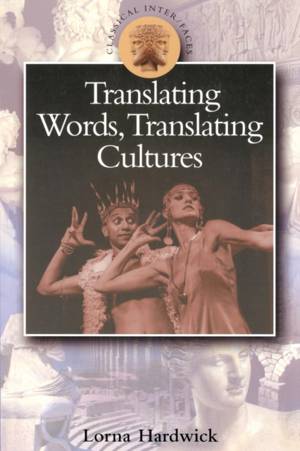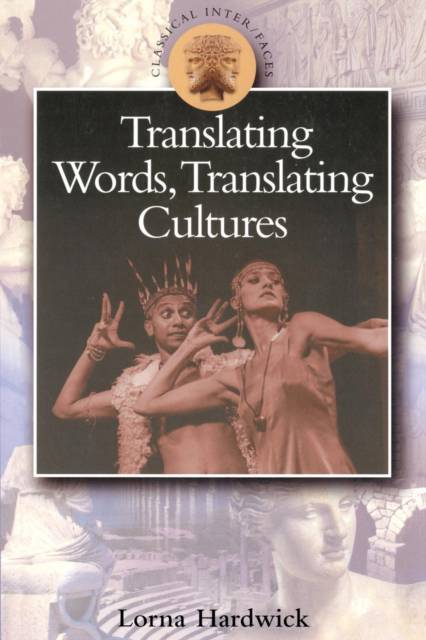
- Retrait gratuit dans votre magasin Club
- 7.000.000 titres dans notre catalogue
- Payer en toute sécurité
- Toujours un magasin près de chez vous
- Retrait gratuit dans votre magasin Club
- 7.000.0000 titres dans notre catalogue
- Payer en toute sécurité
- Toujours un magasin près de chez vous
Description
Never have there been so many different types of translations of Greek and Latin literature into English. Most people experience Homer and Greek tragedy for the first time through translations. New versions of Vergil and Ovid have become best sellers. This book examines the literary and cultural environment underlying the various kinds of translation - from 'faithful' and 'equivalent' through 'imitation' to 'adaptation' and 'version' - discussing the extent to which translations have been regarded as creative work in their own right and their impact in the work of modern writers such as Harrison, Heaney, Hughes and Walcott.
Key themes include the challenge presented by translations to conventional interpretations of the classical canon; the implications of translating across genres - for example in the staging of epic; and the role of translations in twentieth-century conflicts. Lorna Hardwick suggests that translations from Greek and Latin literature are catalysts in the refiguring of both poetic and political awareness and that in transplanting myths and metaphors into disparate cultures, translations energise new senses of cultural identity.
Spécifications
Parties prenantes
- Auteur(s) :
- Editeur:
Contenu
- Nombre de pages :
- 128
- Langue:
- Anglais
- Collection :
Caractéristiques
- EAN:
- 9780715629123
- Date de parution :
- 24-08-00
- Format:
- Livre broché
- Format numérique:
- Trade paperback (VS)
- Dimensions :
- 154 mm x 234 mm
- Poids :
- 226 g

Les avis
Nous publions uniquement les avis qui respectent les conditions requises. Consultez nos conditions pour les avis.






